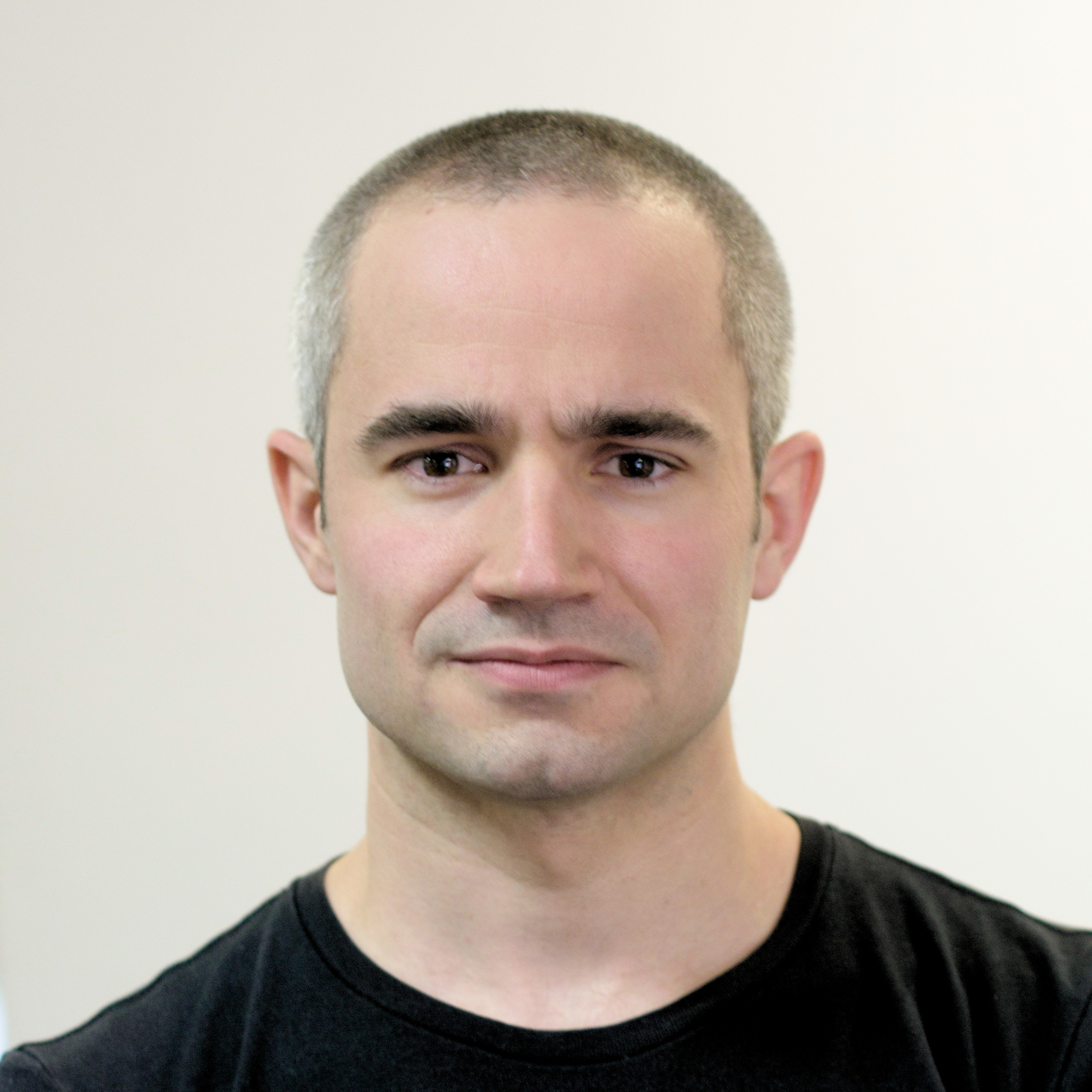
doc. RNDr. Jan Řezáč, Ph.D.
Institute of Organic Chemistry and Biochemistry,
Czech Academy of Sciences
I am computational chemist interested mainly in non-covalent interactions. Here are the most important topics of my research.
Quantum chemistry for computer-aided drug design
We apply efficient quantum mechanical methods to protein-ligand interactions with the goal of developing an accurate computational protocol that is fast enough to be used in practical applications in computer-aided drug design. The latest version of our SQM scoring function has been shown to give excellent results on the PL-REX dataset, our experimental benchmark.
Benchmark calculations of non-covalent interactions
To assess the accuracy of computational methods, reliable reference data is needed. In the field of non-covalent interactions, direct experimental evidence is rare and accurate calculations are often used as a benchmark.
We are developing data sets of model systems covering various classes of non-covalent interactions. For these data sets, we strive to provide the most accurate interaction energies calculated at least at the CCSD(T)/CBS level. We have developed the S66 data set which became a de facto standard in the filed. Recently, we built a database of new, larger data sets which are published at the Non-Covalent Interactions Atlas website.
This part of my work was recently summarized in my paper "Benchmark Calculations of Interaction Energies in Noncovalent Complexes and Their Applications" in Chemical Reviews as a part of thematic issue on non-covalent interactions.
Development of fast computational methods
To bring accurate description of non-covalent intractions to efficient methods, we have developed a series of corrections for semiempirical quantum mechanical methods. These corrections address London dispersion, hydrogenand halogen bonding separately and allow achieving accuracy unprecedented at this level.
The latest version of the general corrections named D3H4 is available in the MOPAC program; a reference implementation is also available here. The next-generation D3H5 correction is applicable only to DFTB, but yields even higher accuracy (available in the DFTB+ code). Currently, we are working on applying machine learning to this problem.
Software development – Cuby framework
I am developing an open-source software framework that allows integration of calculations carried out in various external software and automation of complex computational workflows. Details are provided at the Cuby4 website.